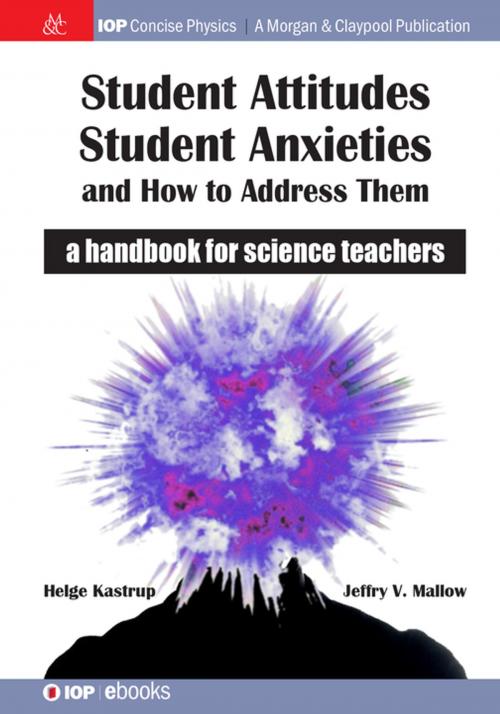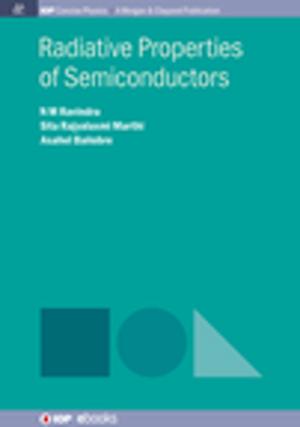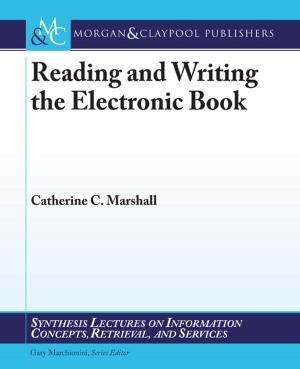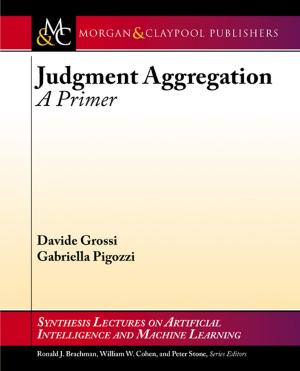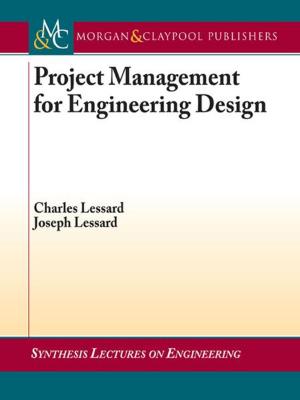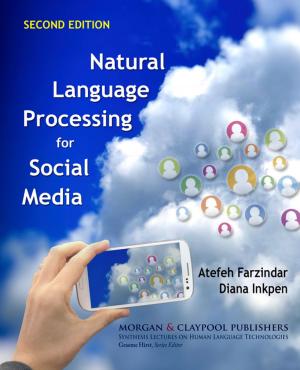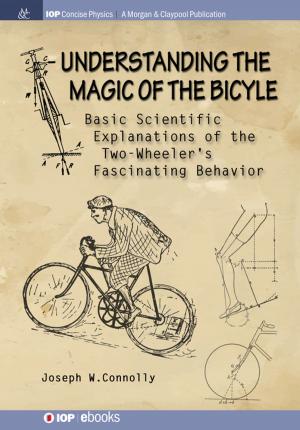Student Attitudes, Student Anxieties, and How to Address Them
A Handbook for Science Teachers
Nonfiction, Science & Nature, Science, Physics, General Physics| Author: | Helge Kastrup, Jeffry V. Mallow | ISBN: | 9781681742663 |
| Publisher: | Morgan & Claypool Publishers | Publication: | March 1, 2016 |
| Imprint: | IOP Concise Physics | Language: | English |
| Author: | Helge Kastrup, Jeffry V. Mallow |
| ISBN: | 9781681742663 |
| Publisher: | Morgan & Claypool Publishers |
| Publication: | March 1, 2016 |
| Imprint: | IOP Concise Physics |
| Language: | English |
This book is based on a commitment to teaching science to everybody. What may work for training professional scientists does not work for general science education. Students bring to the classrooms preconceived attitudes, as well as the emotional baggage called ""science anxiety."" Students may regard science as cold, unfriendly, and even inherently hostile and biased against women. This book has been designed to deal with each of these issues and results from research in both Denmark and the United States. The first chapter discusses student attitudes towards science and the second discusses science anxiety. The connection between the two is discussed before the introduction of constructivism as a pedagogy that can aid science learning if it also addresses attitudes and anxieties. Much of the book elucidates what the authors have learned as science teachers and science education researchers. They studied various groups including university students majoring in the sciences, mathematics, humanities, social sciences, business, nursing, and eduction; high school students; teachers' seminary students; science teachers at all levels from middle school through college; and science administrators. The insights of these groups constitute the most important feature of the book, and by sharing them, the authors hope to help their fellow science teachers to understand student attitudes about science, to recognize the connections between these and science anxiety, and to see how a pedagogy that takes these into account can improve science learning.
This book is based on a commitment to teaching science to everybody. What may work for training professional scientists does not work for general science education. Students bring to the classrooms preconceived attitudes, as well as the emotional baggage called ""science anxiety."" Students may regard science as cold, unfriendly, and even inherently hostile and biased against women. This book has been designed to deal with each of these issues and results from research in both Denmark and the United States. The first chapter discusses student attitudes towards science and the second discusses science anxiety. The connection between the two is discussed before the introduction of constructivism as a pedagogy that can aid science learning if it also addresses attitudes and anxieties. Much of the book elucidates what the authors have learned as science teachers and science education researchers. They studied various groups including university students majoring in the sciences, mathematics, humanities, social sciences, business, nursing, and eduction; high school students; teachers' seminary students; science teachers at all levels from middle school through college; and science administrators. The insights of these groups constitute the most important feature of the book, and by sharing them, the authors hope to help their fellow science teachers to understand student attitudes about science, to recognize the connections between these and science anxiety, and to see how a pedagogy that takes these into account can improve science learning.
